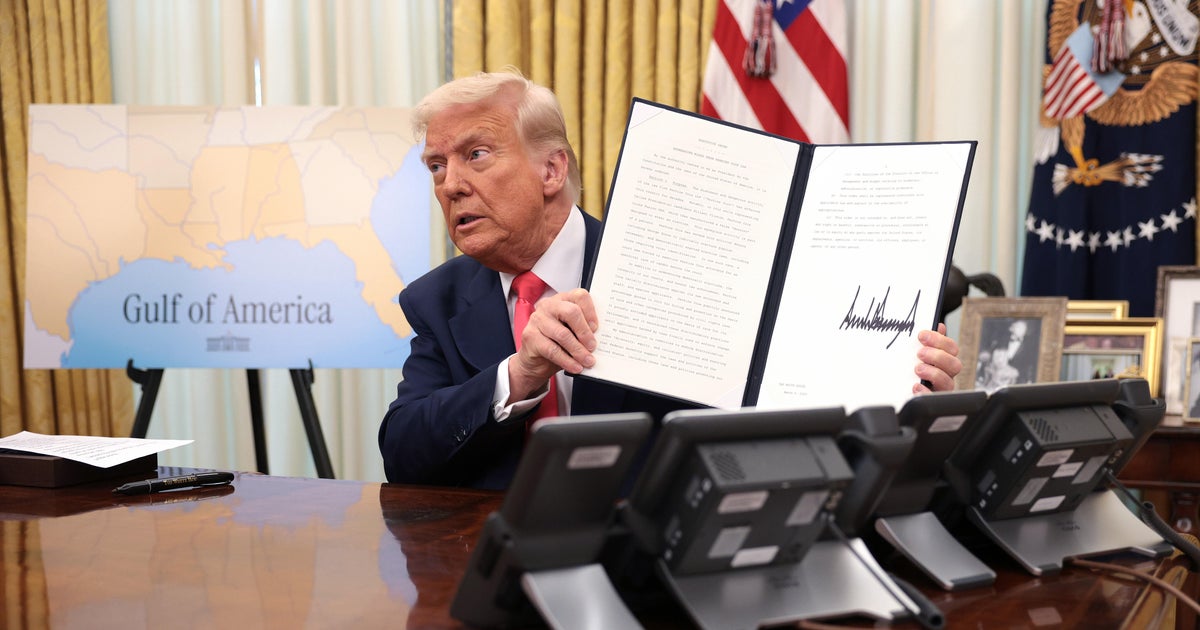Judge hears arguments from Manafort team to drop charges in indictments
Former Trump campaign chairman Paul Manafort was back in court on Thursday in an attempt to have several charges against him dismissed.
Manafort argued that special counsel Robert Mueller, who is running the investigation into Russian meddling in the 2016 election, has overstepped his authority in the case. Judge Amy Berman Jackson of the DC District Court did not make any final rulings during the three hour hearing, and is now taking the matters under advisement. It is unclear when she will be making her decision.
In January, Manafort filed a lawsuit against both Mueller and Rosenstein challenging Mueller's appointment and the scope of his investigation. The Department of Justice asked to have the suit thrown out, saying federal courts are prohibited from interfering with ongoing criminal prosecutions — and denying that Mueller has exceeded his authority.
Manafort, who was indicted in October and again in February in special counsel Robert Mueller's investigation into Russian meddling in the 2016 presidential election, is arguing that Deputy Attorney General Rod Rosenstein did not have the authority to appoint Mueller. According to Manafort, Mueller's appointment was an "abuse of discretion," and therefore that anything resulting from his investigation into Russian meddling in the election should be deemed null and void.
Manafort also maintains that Mueller's investigation and indictment against him exceed the scope of his authority, and he has demanded that Mueller "should be enjoined from further investigating any alleged conduct by Manafort unrelated to and predating his involvement with the Trump campaign."
In court on Thursday, Judge Jackson pushed Manafort attorney Kevin Downing to clarify what he means by the legitimacy of the special counsel's appointment order. The defense argued that they are not alleging a constitutional violation but a statutory one.
Downing said that their challenge in court today was about whether the special counsel had the jurisdiction and authority to bring charges against Manafort. Downing argued that Manafort's activities had pre-existed the campaign and had nothing to do with the mandate of the special counsel and thus exceeded it's scope.
Downing also kept imploring the court to compel the government to produce their records of their investigation into Manafort. Specifically, he referred to learning more about the investigation during the time between May 17th and August 2nd, 2017.
In response to Downing's insistence that a record must be produced of the investigation, Justice Department deputy solicitor general Michael Dreeben, representing the government, informed the court that regulations do not require there to be a public record.
Dreeben argued that the appointment order calls for the special counsel to look into links and coordination between members of the Trump campaign and the Russian government, as well as any crimes that may arise. Manafort was a top campaign official, Dreeban argued, and he had relationships with Ukraine politicians backed by Russia. "Why wouldn't investigators look into that?" Dreeban said.
In October, Manafort and Rick Gates, Manafort's former business associate, were indicted by a federal grand jury in the investigation into Russian meddling in the U.S. election. Another Trump campaign aide, George Papadopoulos, pleaded guilty the same day to making false statements to the FBI. Toward the end of 2017, Mueller's investigation into Russian interference in the 2016 election was just heating up. Mr. Trump's former national security adviser, Michael Flynn, pleaded guilty to one count of lying to the FBI.
CBS News' Clare Hymes contributed to this report.



